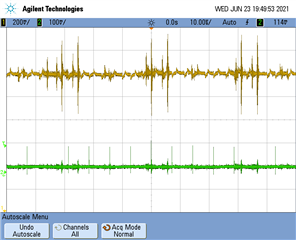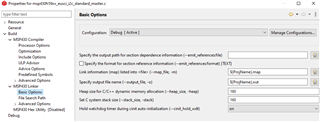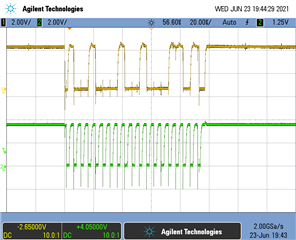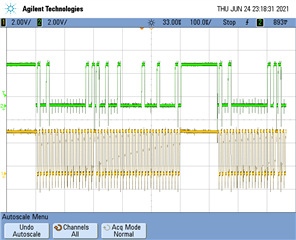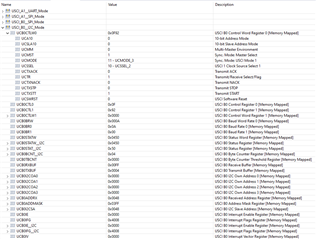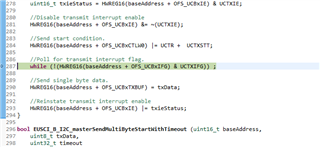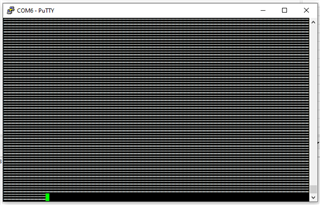Other Parts Discussed in Thread: TMP117, , SYSCONFIG, BOOSTXL-BASSENSORS, MSP430F5528
Hi,
Is there any I2C sample code for the MSP430FR5969 microcontroller to communicate with the TMP117 temperature sensor. I have already downloaded the tmp117.c, tmp117.h, mcu.c, mcu.h, and main.c from SysConfig tool but the mcu.c file would have to modify for MSP430FR5969 I2C peripheral. Any sample code would be very helpful, thanks.



